joined the Ararat Theatrical Club in Tehran when I was 12 years old and for the following 6 years, I participated in the plays which were produced in the Armenian Language to address and satisfy the Cultural and National interest of the Armenian population in Iran. The plays – always containing a historic and patriotic message – were aiming mainly to preserve the Armenian Language, Traditions and Culture.
One day, it was decided that the Club would produce -as a play – the book “the Madman” written by the famous Armenian author Raffi: a tragedy happening in 1915, during the Armenian genocide in Western Armenia where Vartan ( the man who looses his mind and becomes Raffi’s “Madman”) lives happily with his young daughter Lala and his family.
As part of the Armenian genocide planned by the Turkish government of the day and by order of the Turkish governor of the district, the Turks rampage Vartan’s village, kidnap his daughter, eventually kill her and kill also his entire family. In the final scene, Vartan returns and laments at his daughter’s grave sobbing with shrieking screams and crazy loud laughters, totally and desperately overwhelmed by the pain which turns him to the “Madman “ described by the author.
I was – originally – playing the role of Lala, but often , I had to become also Stepanik , Vartan’s imaginary son for which my face would be covered with dust and coal, my clothes tattied, wearing a short and dirty wig , barefeet and looking haggard like an orphan. Being only 12, I could not understand the reasons for that transformation and dual identity and when I insisted to know, I was told that Lala’s identity as a little girl had to be hidden and, during the day, she had to become a little boy so that “the Turks would not take her away”
The argument convinced me and I did ask no more… until two years ago, in 2010, when watching a programme on Armenian TV, I heard the historian who was analysing the Armenian genocide, revealing a story so horrid, so repellent and detestable that I had to switch off the TV, struggling to hold back my tears and trying to overcome my aversion and my anger. In a flash of memory, the play “Madman” came to my mind! And after so many long years, at last, I understood what Mr Vahan Aghamalian, the director of the play had meant by saying: “the Turks would not take her away”!!!!!!
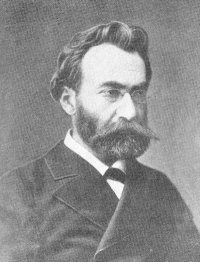

The historian was saying : “for the Turks, taking away the little Armenian girls from their families was not a crime committed at random by one or two individuals: the Ottoman government had created a law by which the governor of every city and village had the right to take his young sons to Armenian households where they would choose and take away many little Armenian girls- even as young as eight years old- to furnish their harems“
The presenter had tears in his eyes and pain in his voice while showing the unbielevable document. But there, on the television screen, in black and white, was the proof of the barbarism, the inhumane crimes and the bestial violation of every human being’s rights which were legalised – with inpunity – by Turkish law.
Which parent could tolerate such violation? Which father could live with such degradation, shame and dishonour? Which mother could ever have peace or joy in her heart and whitstand such agony: knowing of the crime committed against her daughter, day after day, night after night?
No wonder that Vartan became “mad” with pain! No wonder that the wounds created by such crimes – specially against their honour – remain in the hearts of all Armenians forever and are buried so deep that they will never forgive or forget.
Each one of us, Armenians, has in its ancestry a mother who has lost a child in this horrific way, a relative whose entire family has been butchered, a brother, a son or a father who has been hanged or shot, friends who have been set to fire and hundreds of thousands fellow Armenians whose properties, identities and lives have been taken away by the Turks , cruelly and systematically, because they were Armenians and because the Turkish government had a sinister genocidal agenda and was wholeheartedly committed to execute that genocidal agenda.
We must remember these victims. Not only once every year on 24th April; but everyday of our lives. Everyday. We must remember them. We must tell our children, our friends, our neighbours, anyone and everyone we meet, every day, about our people and their sad faith . The world must know and we must remember. It is our sacred duty.
In Britain Remembrance Day is marked by the people wearing a red poppy on their lapels. Maybe we Armenians – ALL OF US TOGETHER – should adopt the wearing of a WHITE POPPY in Remembrance of the Victims of the Armenian genocide. White: the colour of mourning. Six years ago, at the 90th Anniversary of Remembrance, many of us in the UK wore such White Poppies to which we also stuck a small label saying: “Remember 24th April 1915“.
Now, as time is of essence, there is the urgent – very urgent- need for one of our Armenian composers to create a “Genocide Remembrance Anthem“; a short, poignant and in the same time, strong and powerful music, the notes of which can be sung without difficulty by everyone and which can be easily and immediately recognised and adopted as such; and by wearing the White Poppy by each and every Armenian during the whole month of April of every year and by adopting the Remembrance Anthem to inaugurate each and every event or function – even at Church, after Mass, during Hogehankist – we can and must become the doers, the presenters and the implementors of the fortcoming “Genocide Remembrance Projects“ and include them in the everyday actions and lives of every Armenian National be it in the Diaspora or in our Motherland.
Email : [email protected]

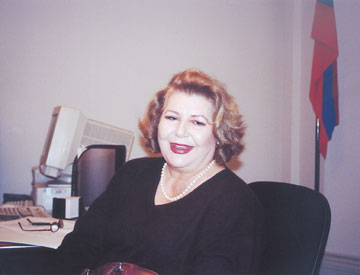
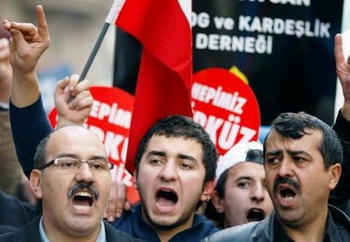
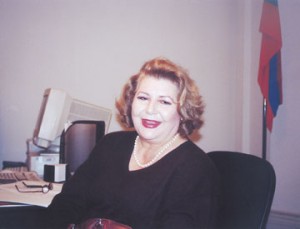
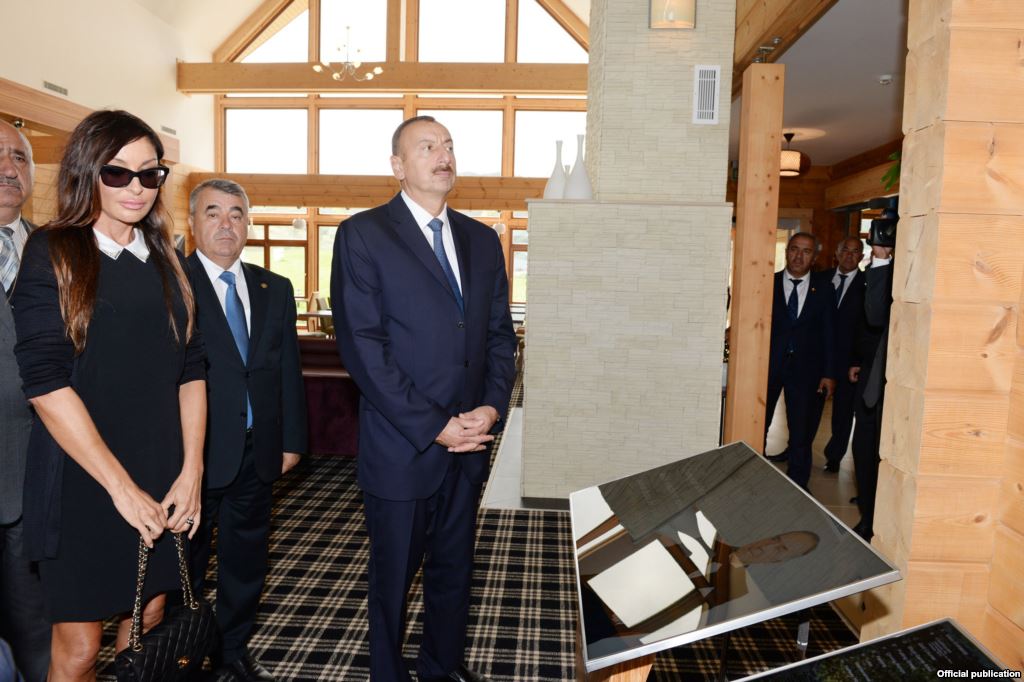







1 comment
Well we live to learn!!! I didn’t know that Raffi the Armenian author lived through the great massacre, neither did Massis Post…Now we all know thanks to Odette Bazil…Tell her Raffi was born in 1835 and died in 1888, she may need it for her next project.
Rubina